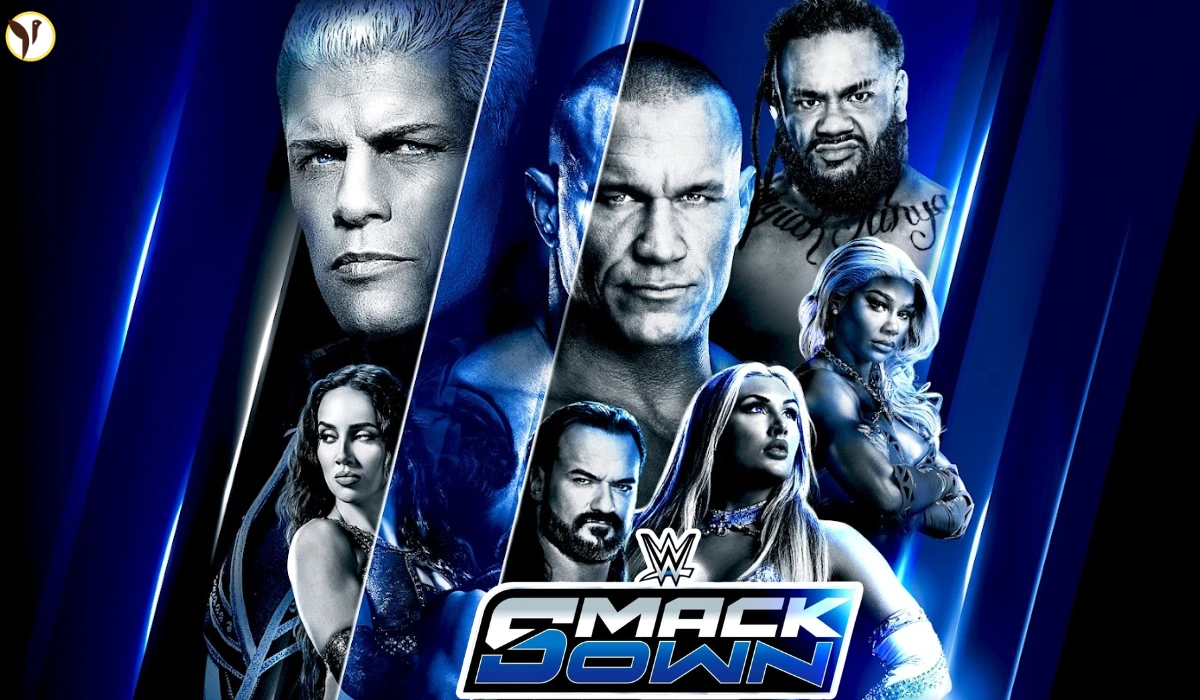Pete Rose's Shot at Redemption: Baseball's Most Controversial Ban Finally Lifted
Did you hear the news that's got every baseball fan talking? In a stunning turn of events, MLB Commissioner Rob Manfred has posthumously lifted Pete Rose's lifetime ban, finally cracking open the door for baseball's hit king to potentially enter the hallowed halls of Cooperstown. The decision, which dropped earlier this week, doesn't just affect Rose—it extends to "Shoeless" Joe Jackson and several other deceased players who've long been on baseball's permanent ineligible list.
Breaking the Ban: Why Now and What It Means
If you've followed baseball for any length of time, you know the story. Rose, the gritty, all-out hustler who collected an untouchable 4,256 career hits, was banned in 1989 after investigations revealed he'd bet on games—including those involving his own Cincinnati Reds. For over three decades, baseball's hit king has remained on the outside looking in, his on-field brilliance overshadowed by his gambling transgressions.
Manfred's explanation was straightforward enough: "A person no longer with us cannot represent a threat to the integrity of the game." But let's be honest—there's nothing straightforward about Pete Rose or the emotions he stirs up in the baseball community.
The announcement has reignited the passionate debates I've heard countless times at sports bars and family barbecues. For many longtime fans, this feels like long-overdue recognition of Rose's undeniable talent. Others I've spoken with see it as a betrayal of baseball's cardinal rule—the one posted in every clubhouse warning against gambling's corrupting influence.
The ruling also offers new hope for the legacy of "Shoeless" Joe Jackson, whose name has been synonymous with the infamous 1919 Black Sox Scandal for over a century. Many baseball historians have long argued that Jackson's stellar .375 batting average during that very World Series hardly seems like the work of someone trying to lose games intentionally.
Most significantly, this changes MLB's approach to lifetime bans going forward. Now, these penalties will expire when the player does—a policy shift that will ripple through baseball's approach to discipline for generations.
The Cooperstown Question: Can Charlie Hustle Make It After All?
Here's where things get complicated. Rose's reinstatement doesn't guarantee him a plaque in Cooperstown—far from it. His case will now go before the Classic Baseball Era Committee, where he'll need 12 of 16 votes to gain admission. That's a steep hill to climb.
I've talked with several baseball writers who vote on Hall of Fame candidates, and many remain deeply conflicted. They point to the Hall's voting criteria, which explicitly mentions "integrity, sportsmanship, and character" alongside playing ability. And Rose's troubles extend beyond gambling—there's his tax evasion conviction and disturbing allegations of a relationship with an underage girl in the 1970s.
Vincent Giamatti, son of former Commissioner Bart Giamatti who originally banned Rose, didn't mince words when I reached out for comment: "My father believed some lines cannot be crossed without permanently damaging what makes baseball special. This decision risks undermining those principles."
Even with reinstatement, Rose won't have his potential moment in Cooperstown until 2028 at the earliest. That's a long time to wait for a man whose name has been entangled in baseball's most heated debates for decades.
More Than Just One Man's Legacy
This isn't just about Pete Rose anymore. It never really was.
When I think about this decision, I'm reminded of the conversations I've had with fans across generations. For those who watched Rose play—diving headfirst into bases, racing to first on walks, treating every at-bat like it was the World Series—the ban has always felt like an incomplete ending to an extraordinary baseball story.
Yet others make a compelling point: If the rules mean anything, shouldn't they apply equally to the greatest players? Isn't that what separates baseball—with its reverence for history and tradition—from other sports?
The Rose debate forces us all to wrestle with uncomfortable questions. Can we separate the player from the person? Should we? What matters more—4,256 hits or the integrity of the competition that allowed them to happen?
I've found myself changing my mind about Rose over the years, as I suspect many fans have. That's because his story touches something deeper than baseball statistics—it's about redemption, punishment, forgiveness, and the complicated legacies we all leave behind.
Will Pete Rose ever wear a Hall of Fame plaque? I honestly don't know. But I do know that his name is once again sparking passionate debates in every corner of the baseball world—which seems oddly fitting for a player whose grit and determination divided opinions even in his playing days. Some things never change, even after a lifetime ban is lifted.









